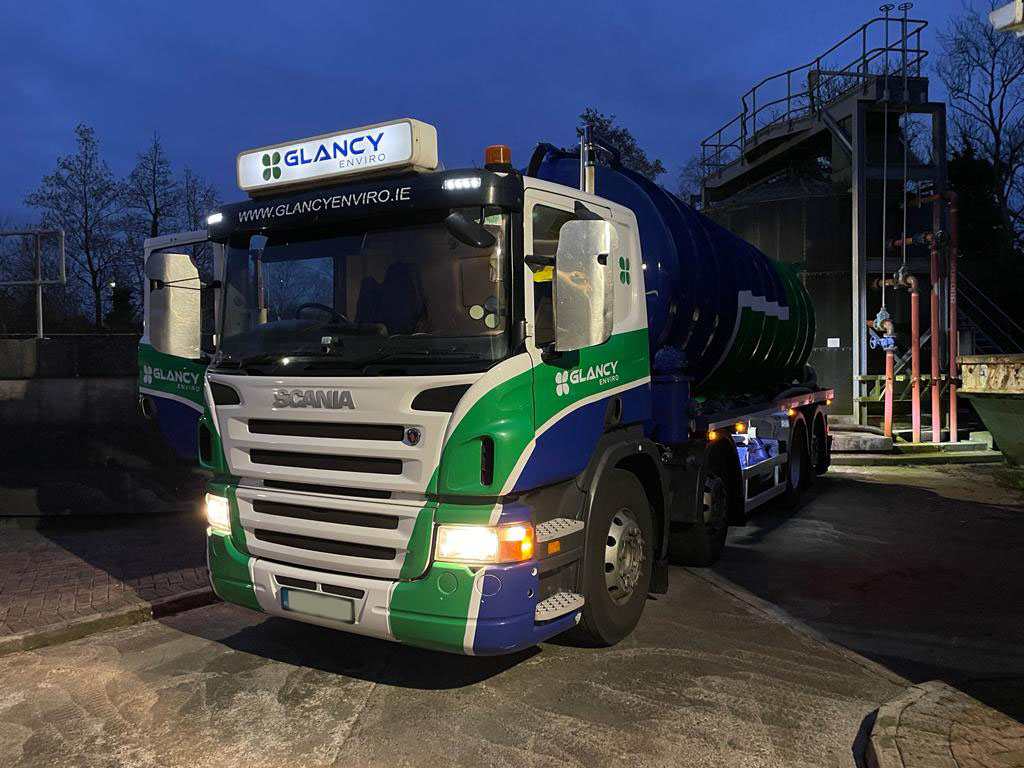How Reclaim Waste can Save You Time, Stress, and Money.
How Reclaim Waste can Save You Time, Stress, and Money.
Blog Article
What Does Reclaim Waste Mean?
Table of ContentsThe Single Strategy To Use For Reclaim WasteLittle Known Questions About Reclaim Waste.Fascination About Reclaim WasteWhat Does Reclaim Waste Mean?The Only Guide to Reclaim Waste
Explore the kinds, occurrences, and types of fluid waste. Domestic sewage waste refers to the waste and products from a household sewage-disposal tank. This sort of waste is created by people in houses, schools, and various other buildings. This only includes sewage-disposal tanks that have a drainpipe area. The proper management and disposal of domestic sewer waste call for liquid waste to be transferred to a sewer therapy plant where the correct methods and tools are applied to cleanse and take care of waste.
Industrial waste usually includes prospective hazards, such as combustible products or a blend of fluid and strong waste products, and calls for an advanced and comprehensive disposal process. The disposal of commercial waste typically includes the purification of waste prior to transport to guarantee safe and appropriate disposal. Industrial waste is produced from by-products and runoff of commercial procedures and manufacturing.
This kind of waste can not use the very same sewer administration transport or processes as septic or business liquids. The industrial waste administration procedure needs the examination and screening of fluid waste prior to it undergoes the disposal process (liquid waste disposal melbourne). Runoff waste is the liquid waste that originates from runoff and excess stormwater in very booming locations or cities
Overflow waste can cause contamination and flooding if not taken care of appropriately. Ensuring appropriate waste management can avoid catastrophes and lower ecological damage.
Not known Details About Reclaim Waste
Call PROS Providers today to discover regarding our waste monitoring and disposal solutions and the proper methods to care for the liquid waste you produce.
(https://hub.docker.com/u/reclaimwaste1?_gl=1*1980ev1*_ga*MTgwOTc3Nzc2OS4xNzMxMzI1Mzkw*_ga_XJWPQMJYHQ*MTczMTMyNTM5MC4xLjEuMTczMTMyNTcwOC4xMC4wLjA.)Do you know what takes place to your water when you end, purge the commode or drain pipes the washing equipment? No? Well, it's worth knowing. This so-called 'wastewater' is not just an important resource however, after therapy, will certainly be released to our land, rivers or the sea. Utilized water from bathrooms, showers, baths, cooking area sinks, laundries and commercial processes is referred to as wastewater.

water used to cool advice down machinery or tidy plant and equipment). Stormwater, a form of wastewater, is overflow that flows from agricultural and city areas such as roofs, parks, yards, roads, paths and seamless gutters into stormwater drains, after rain. Stormwater flows untreated straight to regional creeks or rivers, at some point getting to the ocean.
Unknown Facts About Reclaim Waste
In Queensland, many wastewater is treated at sewage treatment plants. Wastewater is carried from residential or industrial sites through a system of sewage systems and pump terminals, recognized as sewage reticulation, to a sewage treatment plant.
The Department of Natural Resources encourages city governments regarding handling, operating and maintaining sewerage systems and treatment plants. In unsewered locations, regional governments may call for owners to set up private or home sewage therapy systems to deal with domestic wastewater from toilets, kitchen areas, shower rooms and washings. The Department of Natural Resources authorises making use of home systems when they are proven to be effective.
Most stormwater gets no therapy. In some new subdivisions, therapy of some stormwater to eliminate litter, sand and crushed rock has started making use of gross pollutant catches. Wastewater therapy takes place in four phases: Eliminates solid issue. Larger solids, such as plastics and various other objects mistakenly discharged to sewage systems, are eliminated when wastewater is travelled through displays.
Makes use of tiny living microorganisms recognizes as micro-organisms to break down and eliminate continuing to be dissolved wastes and great bits. Micro-organisms and wastes are incorporated in the sludge.
Not known Details About Reclaim Waste
Nutrient elimination is not offered at all sewage treatment plants because it requires expensive specialised equipment. Clear liquid effluent produced after treatment might still contain disease-causing micro-organisms - liquid waste removal melbourne.

This typically implies wastewater has to be treated or contaminants gotten rid of prior to it can be released to rivers. A lot of wastewater streams into the sewerage system. Under the Act, neighborhood federal governments provide approvals and permits for ecologically appropriate activities (ERAs) involving wastewater launches that might have a neighborhood influence. The department administers authorizations and licences to Periods including wastewater releases that could have a local or statewide influence.
5 Easy Facts About Reclaim Waste Explained
Otherwise, examples are considered lab evaluation. Often several tests are needed to establish the degrees of each of the various pollutants such as oils, heavy metals and chemicals in water. Monitoring offers valid information concerning water quality and can confirm that licence problems are being fulfilled. The details obtained via tracking gives the basis for making water quality decisions.
Report this page